‘I Try to Teach Students to Understand the Material, Not Just Memorise It’
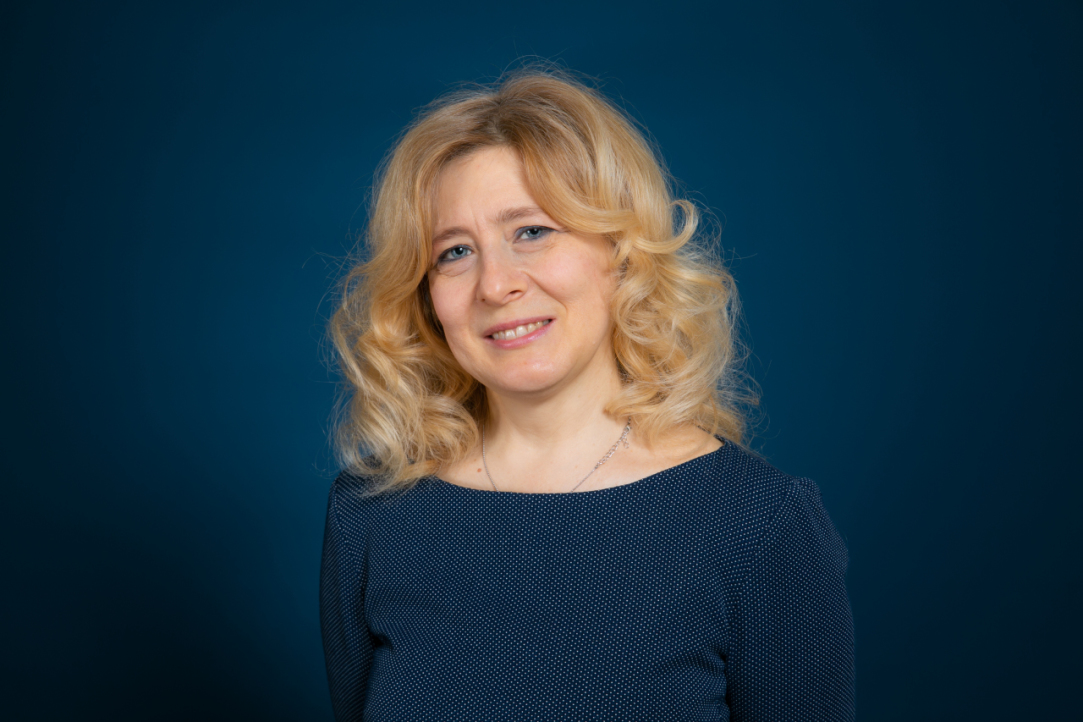
Alla Fridman has been teaching at ICEF since 2001, working with the programme’s first graduating class. She witnessed the evolution of ICEF and played an active role in its development. In this interview, Ms. Fridman describes how Russian universities survived the economic reforms of the 1990s, why students either love or hate their teachers and how the university can help your personal life.
How I realised my parents’ dream
These days, incoming students have a pretty good idea of what economics and finance are, and this is not only because they study basic economics at school, but also simply because they live in a market economy. We didn’t have such an experience in Soviet times. Social studies was the only school subject that touched on economic issues, but because all the humanitarian subjects were so politicised, teaching such a discipline tended to alienate students more than grab their interest.
A series of chance events led me to get into economics. In my family, everyone was connected with science in one way or another. My closest relatives included professors of mathematics and economics, chemistry, philology, history and oriental studies. You might say that I inherited my interest in science.
My place of residence was another reason I chose a science track. We lived in a neighbourhood where all the apartment buildings housed Academy of Science members and their families. The parents of all the kids in my class, and almost the entire school held doctorates or at least master’s degrees. I really liked math in school, but I couldn’t see myself as a theoretician, so I looked for something in an applied math field. One day, some students came to our school to promote the Moscow State University School of Economics and Math (MSU SEM). A few of my classmates and I decided to apply to the school, and we got in. I got hooked on economics, and not so much because of the subject itself, but because the SEM students and teachers were so into it. Now, at the ICEF evening school, we have tried to recreate the spirit of freedom and creativity that characterised SEM, and I think our students and graduates have done a great job.
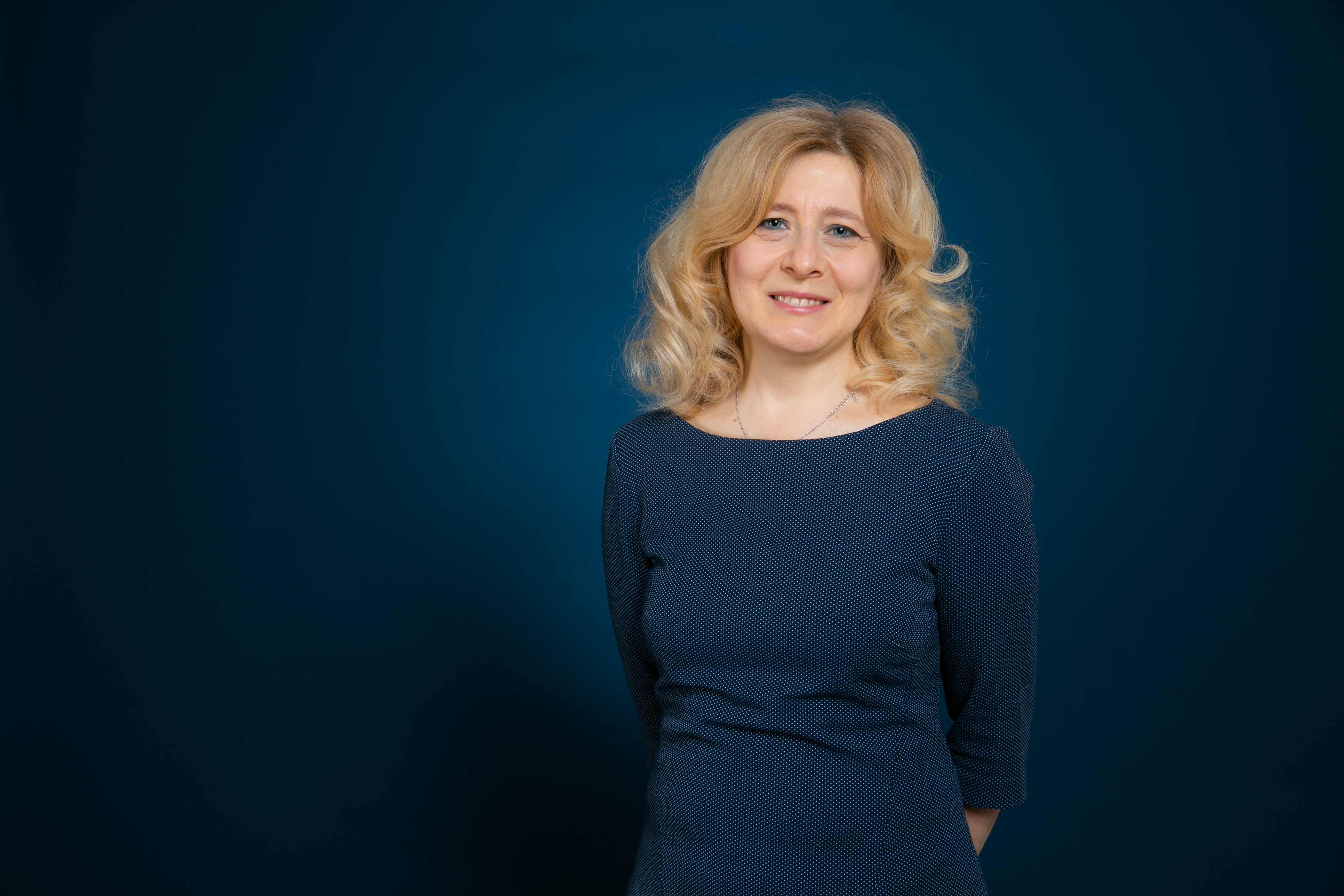
I really wanted to study at MSU, and for good reason. My parents had graduated from high school with honors, had applied there and even passed the interview process, but they weren’t admitted ‘due to a lack of spaces’, which, of course, was total nonsense. It became my mission to realise their dream.
How I refused to trade science for business
I attended MSU during perestroika and those changes affected not only the education system, but also the country’s entire economic and political system. For the first two years, we mainly studied mathematics, but after that, it was unclear which path to pursue. I even considered transferring to CMC [the MSU Faculty of Computational Mathematics and Cybernetics – Ed.], but in that moment of crisis, my future scientific advisor helped me a lot. It was at this time that MSU signed an agreement with the Central Economics and Mathematics Institute (CEMI) of the Russian Academy of Sciences and created a joint department.
A group of leading CEMI scholars began delivering lectures to MSU students, giving us our first exposure to non-ideological economic science
Because my father also worked at CEMI, he told me which additional courses were worth taking. The decision to enroll in a course on non-equilibrium economic models determined my future scientific career. It was taught by Viktor Polterovich and I was fascinated by how elegantly you could model changes in the real economy and present complex things concisely and easily.
I graduated with honours and it was clear that I should go on to graduate school, but market reforms had begun and young economists had lots of opportunities to work in the industry. Most of my classmates were happy to go into business and banks offered us scholarships if we signed work contracts with them in our final year. The New Economic School (NES) was established at this time, and this is what held me in science. Viktor Polterovich, my scientific advisor, was as NES co-founder and he invited me to give seminars there. This was my first step towards ICEF, which would only be created later.
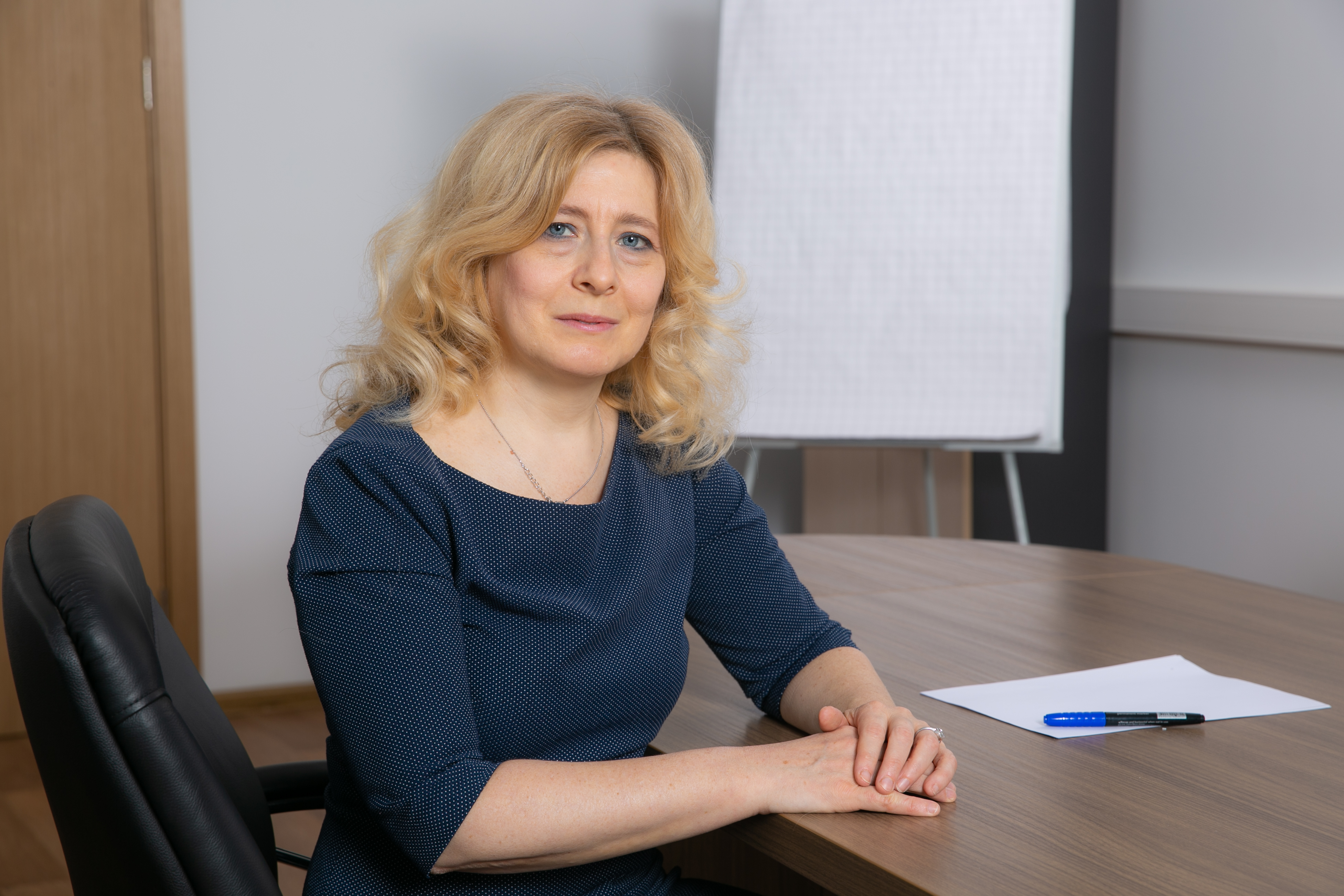
I taught seminars at NES for several years, following in the footsteps of Professor Amos Witztum who, working from the London School of Economics, co-founded ICEF a couple years later. Professor Witztum invited me to join ICEF on several occasions, but I gave birth to two baby girls in a row at the time. I finally came to teach at ICEF when the first graduating class was in its third year of studies, and I’ve been there ever since.
How I chose a career in science
Honestly, there was no time for science with young children to care for. Science requires free time and the opportunity to concentrate, think deeply and read articles. This is why my careers in teaching and research did not always go hand in hand. I used to focus on teaching, but when my children got older, I was able to return to science.
The interests of my scientific advisor and the economic realities we faced during the transitional years of the late 1980s and early 1990s determined my areas of research at MSU.
The economy we studied ceased to exist at that time
As a result, I practically had to restart my studies from scratch in order to write my PhD thesis. My scientific advisor studied non-equilibrium models of general economic equilibrium. These models describe the non-market resource allocation mechanisms that we were seeing every day in real life back then. They included huge queues, ration coupons for certain goods (along with the market for trading these coupons that appeared spontaneously) and other ways of rationing scarce goods. Before our eyes, parallel market systems were springing up in which consumers could buy goods in a store at low, fixed prices, or avoid the long lines by acquiring the same goods at far higher free market prices. The economic literature made almost no mention of such dual pricing systems. This was a new reality that proved extremely difficult to study mathematically.
Then the market became altogether ordinary and the next stage in my scientific biography was macroeconomic research devoted to the question of currency substitution. Under conditions of hyperinflation, people tried to protect their saving from depreciation and began using foreign currency, first as a means of retaining value, and then essentially as a means of payment. People offering currency exchange services appeared in almost every store, so you could actually go shopping with dollars. Over time, inflation dropped to more reasonable levels, but the use of dollars in the economy remained very high. In economics, this phenomenon is known as the hysteresis effect. I wanted to build a model estimating the magnitude of this phenomenon and to obtain numerical estimates of societal losses from dollarisation.
My scientific work has almost always reflected situations I encounter in real life. In my research 20 years later, I returned to the idea of parallel markets, when it was time for my children to go to college. Reforms had also affected higher education, in which a dual system of prices had developed: students with good scores on their Unified State Exams (USE) could apply for a full scholarship while those with lower scores would pay full tuition.
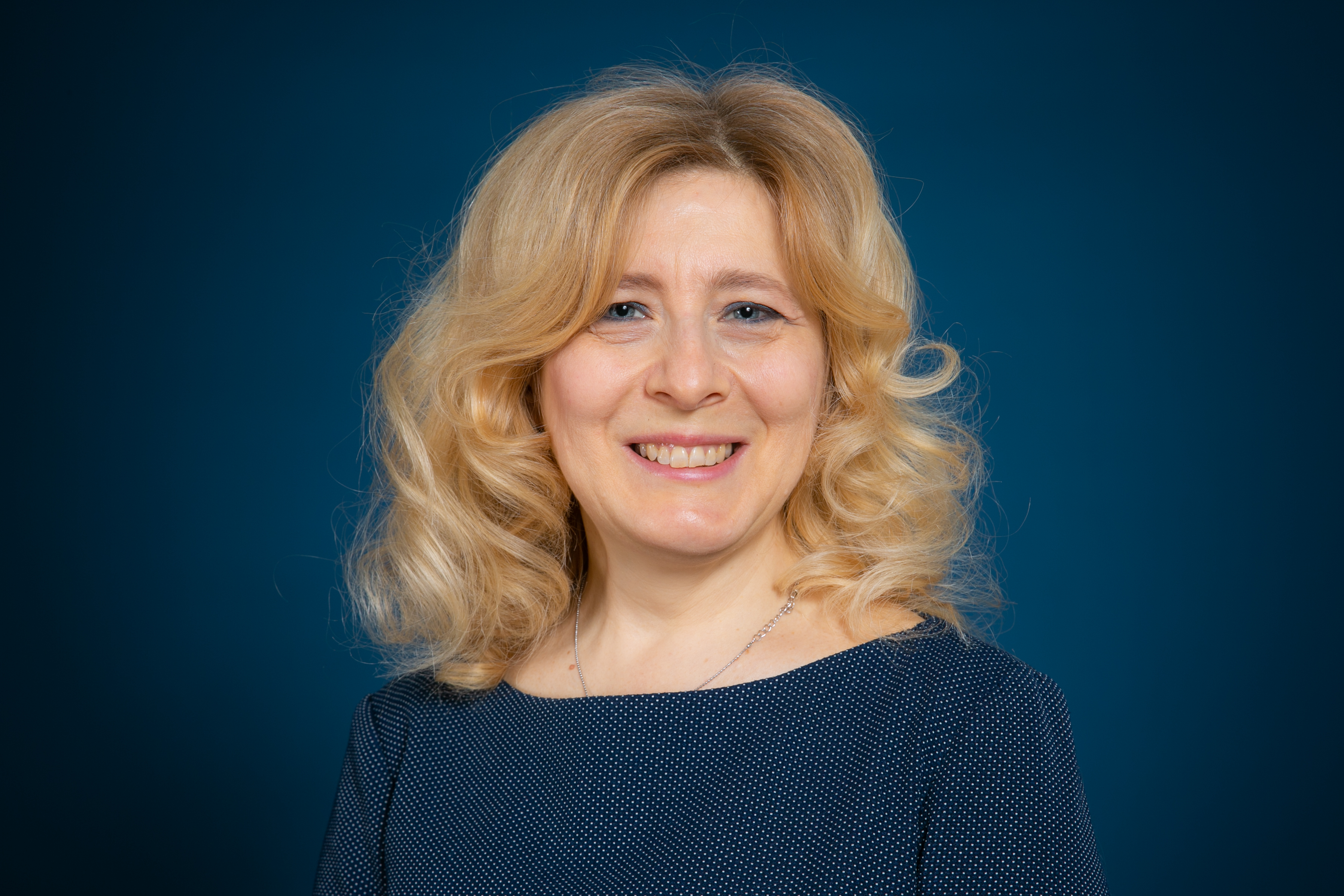
Universities (many of which are state-owned) compete for talented applicants, but the state influences this competition directly through its policy of allocating full government scholarships. The introduction of such discounts on tuition is a response to the intense competition among elite educational programmes for strong applicants. In such a situation, a change in the volume of government funding or in the method of its distribution inevitably affects all market players, including those who do not receive state funding.
How to be a better teacher
As a rule, my students either remember me as their ‘favorite teacher’ or disagree with my principles and approaches to teaching in general. That’s okay. It’s much worse when a teacher makes no impression at all on a student’s heart and mind. Yes, studying with me is difficult; I try to teach students to understand the material - including models and concepts - and not just memorise it. It’s impossible to prepare for my exams by studying course materials from previous years. I would like to give some advice to future applicants: regardless of whether or not you base your application on USE scores, taking part in Academic Olympics in any subject will develop your creativity and help you adapt to university studies more easily.
Even if they don’t pass the first time, students who manage to cope with my courses acquire, in addition to specific knowledge, the confidence that they can handle any task, and this confidence is worth a lot. The fact that when faced with a difficult situation you didn’t despair, didn’t give up and continued to pursue your goal is worthy of respect and raises your self-esteem. I had a student who only passed her exam on the third try, but then got accepted to a Western master’s programme and now works as a macroeconomic analyst in Europe.
You might really struggle with something today, but later it could become your favourite pursuit. In the 1970s, the economist Michael Spence proposed a model explaining that even if the subject matter you studied later turns out to be useless, a higher education is still worth getting because your degree signals to employers that you are the most talented candidate. Mastering a complex educational programme is beyond the power of ordinary job seekers. An ICEF degree sends such a signal. Industry people know that our graduates won’t turn and run when faced with a serious challenge.
I explain to students that studying at ICEF is difficult, but overcoming these difficulties now will guarantee you a salary bonus in the future
In addition to my creative approach, students appreciate that I expect as much from myself as I do from them. I try to show by example that meeting deadlines is not an arbitrary demand, but a necessary skill for any job. For my part, I am never late, I post the necessary materials in advance and check students’ work on time, and in return, I ask students to take an equally conscientious attitude towards deadlines. Finally, I think it’s important that I try to maintain communication with students, explain the decisions I make, respond whenever possible to their constructive suggestions and then give feedback. It is really important to convey to every student that I am not indifferent to their opinion. I care about the quality of ICEF graduates, and in this our long-term goals coincide.
The ICEF ‘nerve center’
I’ve had the opportunity to work in many educational institutions, and so I have something with which to compare. When I came to teach at ICEF, many things were truly innovative. For example, ICEF was the first institute without separate departments. The teachers here are not separated in any way; they don’t have to make a difficult choice between the microeconomics or macroeconomics departments. It is a good system that doesn’t introduce artificial administrative barriers, and this helps build the correct system of connections between the courses offered.
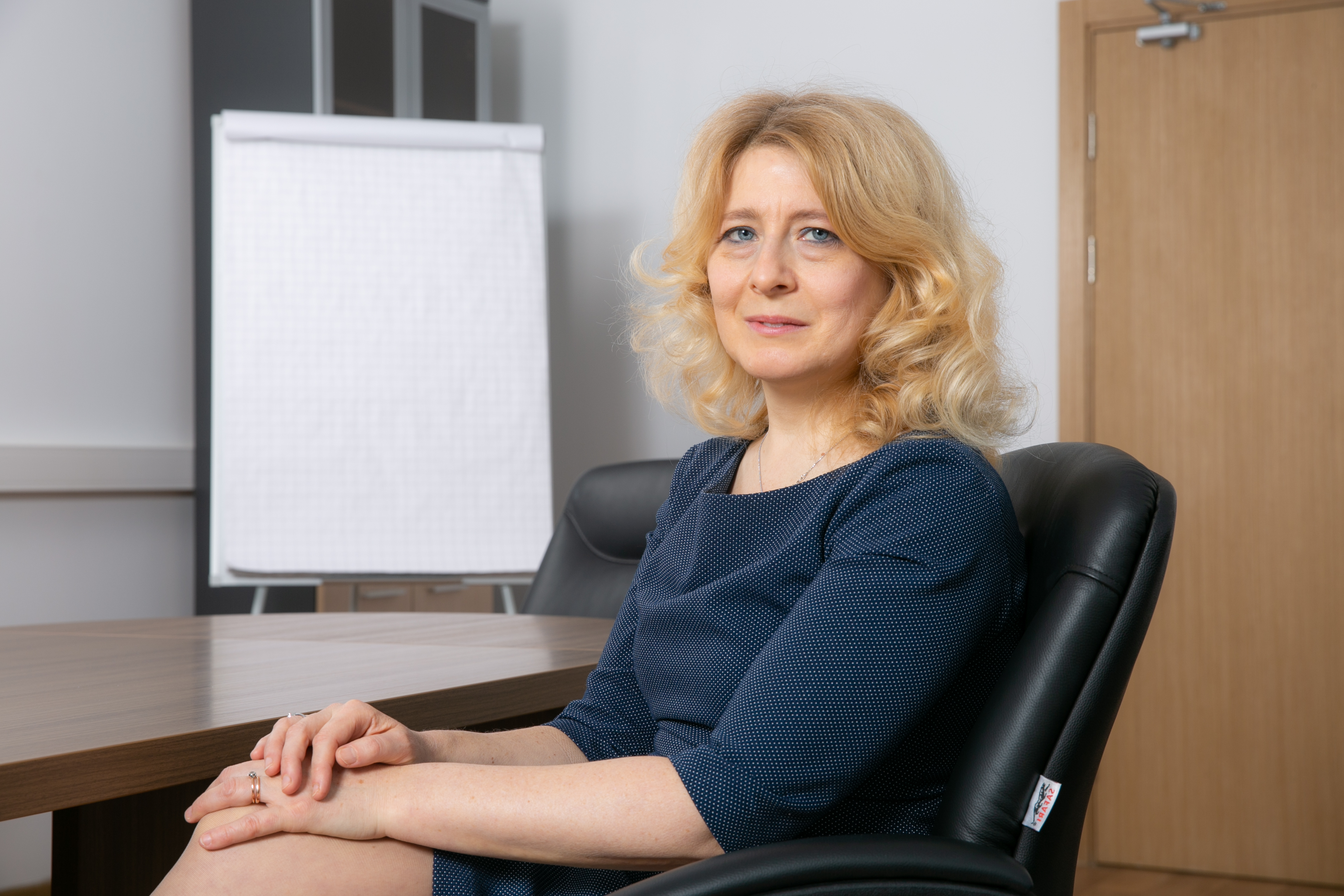
Courses related to data analysis and machine learning have become more popular with students lately, and this has placed new demands on the basic disciplines. ICEF remains flexible, modifying these disciplines and offering students a whole range of new elective courses.
ICEF has an excellent system of scientific and methodological support not only for research, but also for teaching. The scientific and methodological department works with teachers, conducts introductory seminars and acquaints people with the culture of teaching at ICEF. New teachers customarily conduct a small test lesson to colleagues who then discuss it all together. ICEF instructors regularly attend each other’s classes, providing constructive criticism in a timely manner and helping teachers keep abreast of what is taught in different subjects and how.
Professors frequently share with each other whatever new teaching tools they have found, which enables us to keep up with students in the digitalisation of the learning process. For example, long before the pandemic - that forced all of us to look for new ways to present material - we began lecturing not with static slides, but by using tablets that put images on the screen and that made it possible to write on the images as well. This enabled us to switch to remote learning during the pandemic without any major glitches.
In addition to meetings for teachers in a single block of disciplines, ICEF organises methodological seminars that look at issues important for teachers in all disciplines.
We also discuss approaches to evaluating students’ work and feedback options- it is important to help students see exactly where the mistake is in their proposed solution
At the end of each term, ICEF teachers and administrators meet to discuss the students’ grades. As soon as we see that students are doing much worse in a particular subject, we try to determine the reasons and find a way to help them. Over time, these discussions gave rise to the Help Room that offers additional consultations. The administration is trying, very subtly and unobtrusively, to help make the learning process better for everyone, students and teachers, but without infringing on the autonomy of the professor.
How the joint programme with the University of London came into being
Today’s ICEF programme is not was it was 20 years ago; we not only keep up with the times, but in many ways stay ahead of the curve. We are trying to liberalise the programme as much as possible, giving students a choice even in terms of compulsory disciplines. For example, ICEF introduced a whole line of courses on data analysis even before HSE launched its Data Culture programme. Now, even freshmen can choose from among several programming courses, depending on their skill level and interests.
On the whole, ICEF takes a ‘customised’ or individual approach to education, allowing students to adjust their study track according to their interests. We are constantly developing the programme, in part by introducing new specialisations. Although ICEF began with only one major, Economics, it has since broadened to include a wider range, from theoretical majors such as Economics and Mathematics, Economics, and Economics and Finance to applied fields such as Accounting, Management and Economics and Banking.
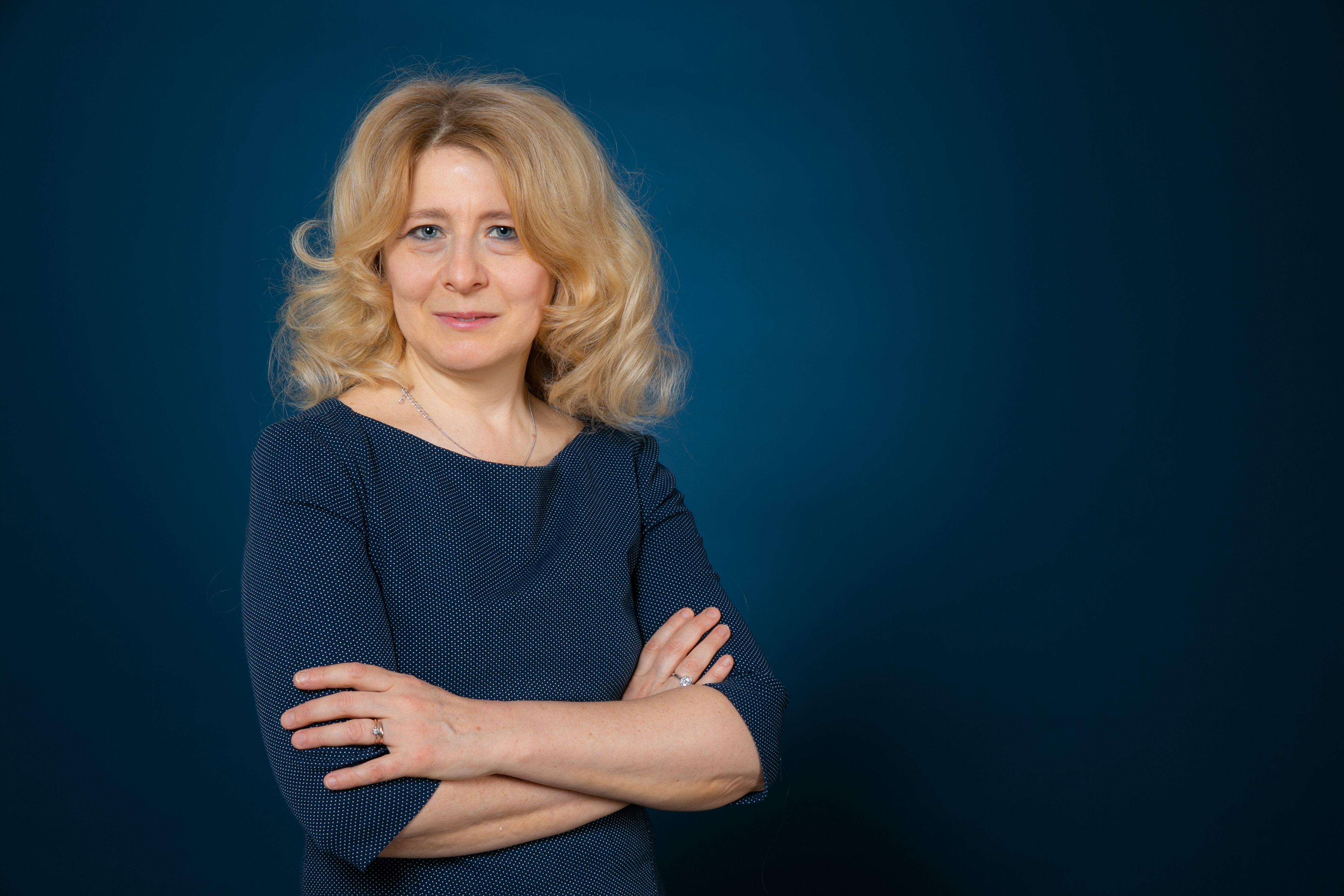
To gauge the success of the dual degree programme, just look at its graduates and how, over the years, ICEF has grown from one small group of students into a huge institute with 10-12 groups in each year of study. And, in addition to the bachelor’s programme, it has created a unique Financial Economics master’s programme, established international research labs and hired a permanent teaching staff on the international labour market. ICEF will celebrate its 25th anniversary next year and I hope we’ll be able to give the inside story on how everything is organised here and provide a clearer picture to our applicants.
How to combine personal and academic life
Both of my daughters studied at HSE, one at the HSE and NES joint bachelor’s degree programme, and the other at ICEF. When the eldest began at ICEF, I immediately asked management to release me from teaching in this course and transfer me to other subjects if possible. I am very grateful to ICEF for their understanding and support because, in order to satisfy my request, my colleagues had to temporarily switch from teaching their usual courses and invest effort into teaching classes that were new for them. The ICEF graduating class in which my daughter studied is unique in that it was the only one in the programme’s history in which I didn’t teach a single subject.
To be honest, I was very worried and was prepared to leave ICEF for a time in order to let my daughter study in peace. After graduating from ICEF, my daughter said that she felt twice as much responsibility during her studies, that she tried her best to meet the high expectations and simply could not let me down.
My daughter looks back at her time at ICEF as her very best years, even though the work wasn’t always easy. It took a lot of effort for her to get used to the new system of study when she was starting out. Her efforts helped me apply a ‘consumer’s’ critical eye to the programme and, as a result, to distribute the workload on students more evenly. After graduating from ICEF, my daughter and her boyfriend - a classmate - continued their studies in a master’s programme in Europe. They later married, so now there is more than one ICEF graduate in our family.
The scientific literature often states that a university provides not only an education, but is also an excellent ‘marriage market’. ICEF really has spawned many couples, and we will be happy to see our graduates’ children among the programme’s future applicants.
Alla Fridman
Professor at the Department of Theoretical Economics

